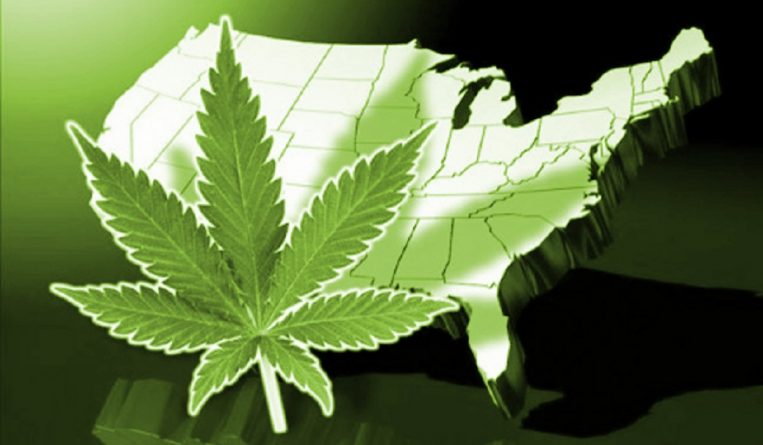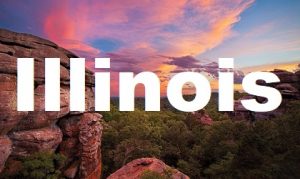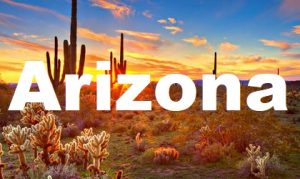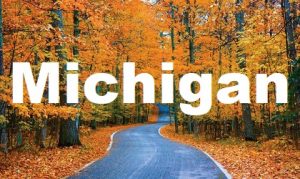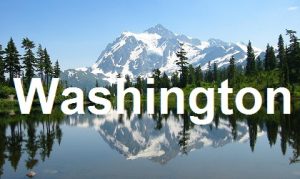Recreational Weed is 4 for 4 in 2020 Election
The 2020 U.S. election, centered around the presidential contest between President Donald Trump and former Vice President Joe Biden, produced the highest number of voters ever in an American election. It took three and a half days to call the presidential election for Joe Biden, with a high number of mail-in ballots needing to be counted to determine the winner in close battleground states. But voter initiatives for legalizing marijuana in four states were all able to be called on election night due to the overwhelming amount of support for those measures.
New Jersey, Arizona, Montana, and South Dakota asked voters if they were in favor of legalization of cannabis and in all four the answer was a resounding ‘yes’. In fact, Arizonans knew their marijuana legalization measure had passed easily on election night even though they had to wait a week to get confirmation that Joe Biden had won the state.
New Jersey
The New Jersey state legislature passed a resolution in December 2019, on a mostly party-line vote (with Democrats in favor and Republicans opposed), to put forth an amendment to the state’s constitution legalizing marijuana for all adults over 21. It was the first time a state legislature referred a legalization measure to voters.
In the November 2020 election, the voters of New Jersey approved marijuana legalization by an overwhelming majority, a 67% to 33% margin in favor. This amendment will take effect on January 1, 2021 and legalizes the cultivation, processing, and sale of retail marijuana. It also applies the state’s existing sales tax (currently 6.625%) to recreational marijuana and prohibits additional state sales tax. It does allow local county and city governments to add an additional 2% of sales tax.
The possession limits, grow limits, and retail regulations were not specified in the amendment so the state legislature and Cannabis Regulatory Commission (CRC), will be responsible for regulating the recreational marijuana market.
Arizona
After cannabis legalization narrowly lost in 2016 with 51% against, it fared much better in Arizona in 2020. In the November 3 election, Arizona voted 60% in favor of marijuana legalization. The new law goes into effect when the state certifies the election on November 30. It allows adults to possess up to two and a half ounces of cannabis flower and no more than 12 grams of cannabis concentrate, and to cultivate up to six plants at home.
Arizona currently has about 120 medical marijuana dispensaries and they will be the first ones to get licenses to sell recreational. An additional 40 licenses will be added, bringing the total number of pot shops to approximately 160. The Department of Health Services is required to accept applications in January 2021, and to issue licenses within 60 days. Retail marijuana could be available in Arizona as soon as March 2021.
Montana
The voters of Montana voted 57% in favor of legalizing the possession and use of marijuana for adults over the age of 21 in the November 2020 election. The new law will impose a 20% tax on marijuana sales, requires the Department of Revenue to develop rules to regulate marijuana businesses, and allows for the resentencing or expungement of marijuana-related crimes. The law goes into effect on January 1, 2021.
It will probably take at least 18 months for a retail marijuana market to launch in Montana. The state must begin accepting marijuana provider and dispensary applications by January 1, 2022.
South Dakota
South Dakota became the first state to go from full prohibition of marijuana to recreational weed legalization. All other states that have legalized marijuana to date, started with an existing medical cannabis industry. South Dakota voters passed marijuana legalization with 54% approval in the 2020 election. The law takes effect July 1, 2021.
The new amendment to the state’s constitution requires the state legislature to pass laws for a regulated retail cannabis by April 1, 2022. Under the amendment, local city and county governments could ban marijuana cultivators, testing facilities, wholesalers, or retail stores from operating in its limits. However, a local government cannot prohibit the transportation of marijuana on public roads in its jurisdiction by those who are licensed to do so.

